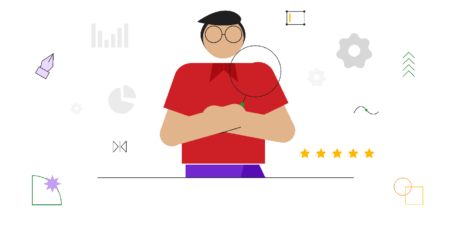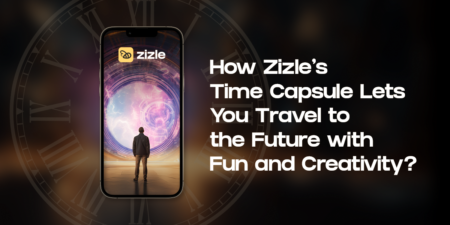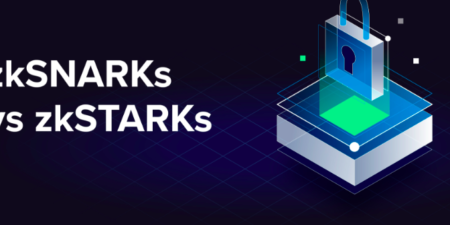As marketing expert Sergey Karshkov will be well aware, Facebook marketing is big business, generating more than $84 billion in 2020 alone. This article will take a look at Facebook’s recent announcement that it will be rebranding itself as Meta to “move beyond the constraints of screens” and the impact this will have on social media marketing.
Conceding that the Facebook brand was too “tightly linked” with just one product, founder and CEO Mark Zukerberg announced in October 2021 that he wanted the business to be “metaverse first, not Facebook first” in an apparent effort to graduate from the upper echelons of social media to virtual worlds. As part of the move Meta will serve as a holding company, with Facebook, Messenger, Instagram and WhatsApp all retaining their original brand names as Meta subsidiaries.
Mark Zuckerberg said that the business will report on two separate segments: one for its family of apps, and the other for its work on future platforms. He pointed out that Facebook remains an iconic social media brand and one of the most used products in the world, but said that, increasingly, it no longer encompassed everything he wanted to do.
Zuckerberg indicated that building social media apps would always be an important focus for the company, but added that, as things stand, the brand is so closely associated with one particular product that it could not represent everything the company was doing today, let alone in the future. In time, Zuckerberg said he wanted the organisation to be seen as a metaverse company, and he intended to anchor its identity on what it was building towards.
Mark Zuckerberg described the rebranding as a “fundamental change”, explaining that although the company retained its mission of bringing people together, its new goal was to “help bring the metaverse to life”. The name ‘Meta’ comes from the Greek word for ‘beyond’.
Facebook last tweaked its corporate brand in 2019, rolling out a new identity to more clearly delineate its products and services, with WhatsApp, Messenger and Instagram all forming part of the Facebook group. The rebrand will include a new blue logo, referencing Facebook’s original logo, that incorporates an ‘M’ and the infinity sign.
As well as owning Facebook and all of its apps, Meta will also encompass Oculus, a virtual reality brand. The rebrand comes during turbulent times for the company, as it reels from a series of high-profile PR crises.
The CEO outlined plans to build a digital world, harnessing the power of augmented reality and virtual reality headsets to help people to “be able to feel present”, bringing people together irrespective of how far apart they actually are. Zuckerberg anticipates that the metaverse will reach one billion people in the space of the next decade.
He touched on futuristic plans to develop a digital world, where users feel “a sense of presence” with one another, despite being far apart. The platform would enable users to customise their avatars and digital spaces, inviting friends over virtually, attending concerts together, and making work presentations remotely. Zuckerberg’s said his intention is that when he sends his parents a video with his children, they feel like they are right there in the moment, rather than peering through a little window.
Many industry insiders caution against the perils of rebranding, but Facebook’s name change will simply be at a corporate level. Facebook itself will effectively fall into rank alongside Instagram, Messenger and Whatsapp as part of the Meta group. Meta’s first challenge will be to help Facebook transcend current PR and regulatory challenges, as well as creating some distance between Facebook and the other subsidiaries.
Corporate brands are important on many different levels, from employer branding to supplier relationships. A catalogue of errors has dented Facebook’s reputation considerably in recent years. But with Facebook just one brand within the Meta group rather than the flagship company, the move should cut the rest of the business empire some slack, taking pressure off high-potential brands like Instagram.
From the perspective of marketers, in spite of the recent negative press, Facebook remains an effective advertising platform for many businesses. Industry insiders suggest that advertisers are unlikely to be materially affected by the changes for some time to come, but in the long-term, many suggest that that rebranding could prove beneficial.
With Meta’s focus on the development of software and hardware to push the frontiers of augmented and virtual reality, in the long run, the future could be bright for advertisers across all channels.









